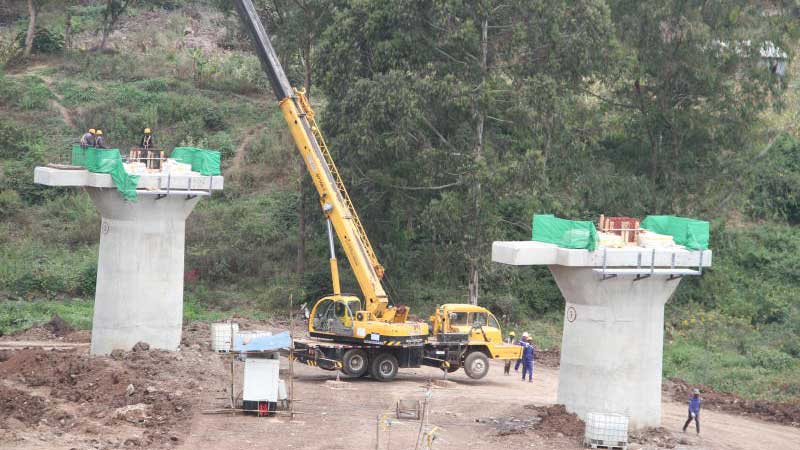×
The Standard e-Paper
Home To Bold Columnists

The Government has introduced new rules to curb loss of public funds and stop the stalling of mega projects.
The procedures will see all multi-million shilling projects initiated by the State and county governments go through tough scrutiny before implementation.